To help Aboriginal and Torres Strait Islander corporations understand what Data Sovereignty means and why it matters...
Murdi Paaki values-based leadership

In 2019, Murdi Paaki Regional Assembly (MPRA) published a document on their ‘lessons learned’ in community-led governance. On leadership, they state:
“Unity, loyalty and respect are the fundamental governing principles for the Assembly. In its Charter of Governance, the Assembly has articulated the following values for the conduct of delegates:
- honesty
- integrity
- accountability to communities
- transparency
- selflessness
- professionalism
- commitment
- leadership
- confidentiality
These values underpin MPRA’s Code of Conduct. More broadly, the Charter, and all MPRA’s plans and strategies, embody a number of strategic collective values around shared responsibility, good governance, community at the centre, regional autonomy and jurisdiction, and relationships.
As individual delegates, Assembly members place great emphasis on several behavioural traits and choices and have taken to heart the personal values listed above.
In particular, delegates prize voluntarism, vision, inclusivity, rigour and commitment, and are willing to be available to meet the needs of their communities at all times.”2Murdi Paaki Regional Assembly, Community-Led Governance, Lessons Learned (Murdi Paaki, 2019), [link]
“We’re 24/7, we’re not Dolly Parton, not nine till five; and it’s important to look at what that says about our leadership.”
– Pam Handy, Wentworth/Dareton CWP Chair and MPRA Delegate, 2019.
“We don’t get a rest – we get the police knocking on our doors dropping someone off, we’re getting phone calls from the hospital to go up there… we’re doing everything; we’re not paid. But – we’re looking after the community.”
– Monica Kerwin, Wilcannia CWP Chair and MPRA Delegate, 2019.

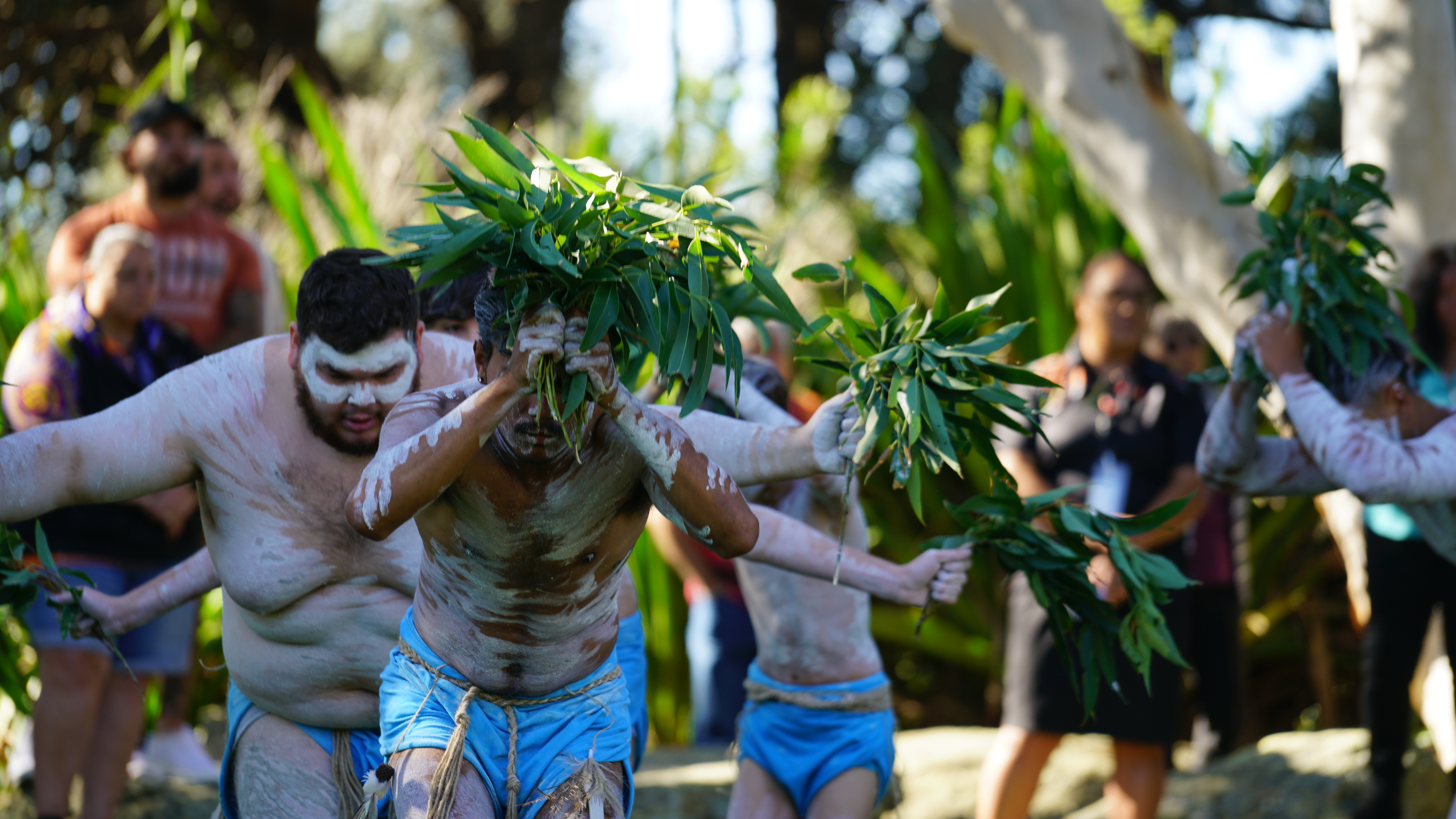
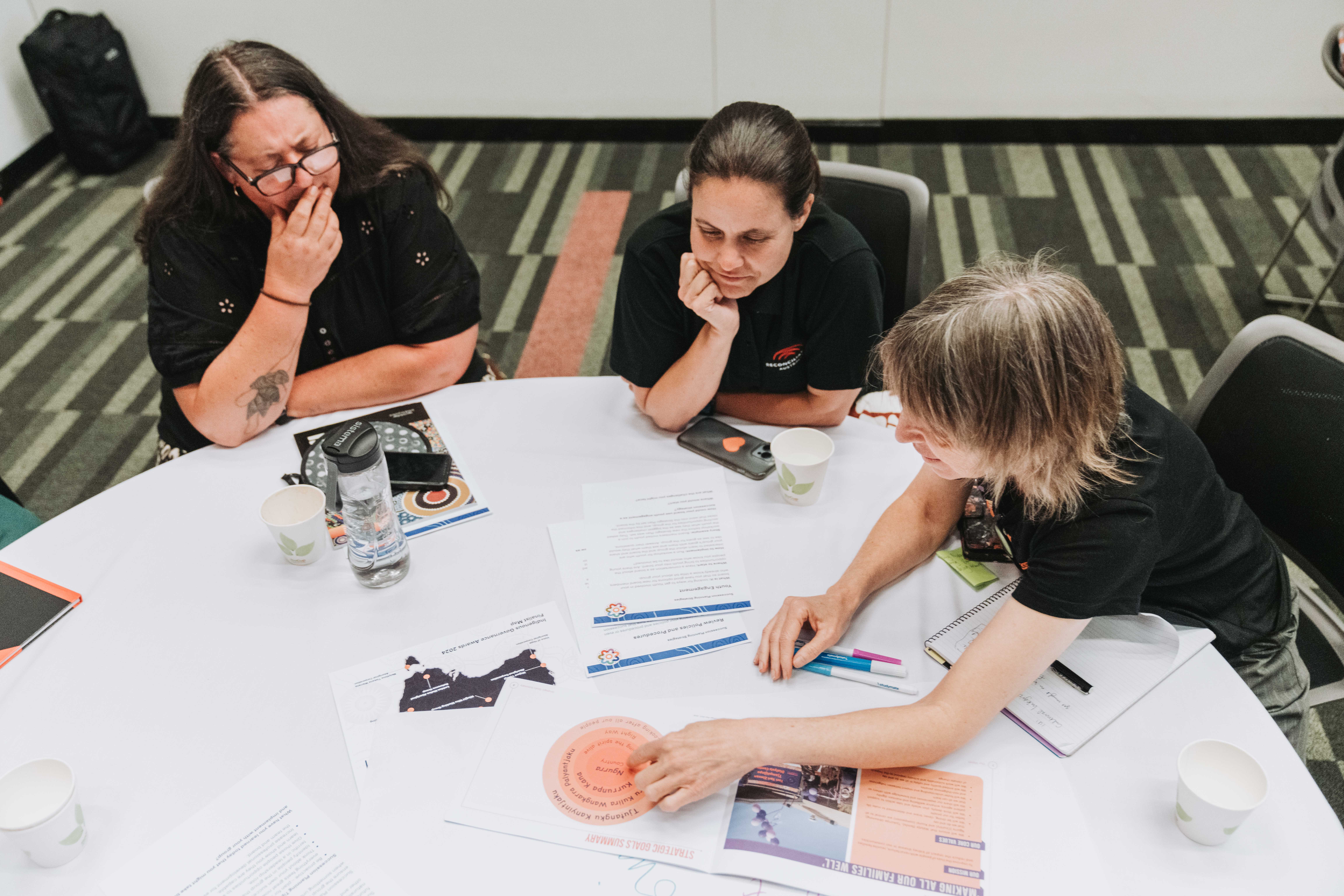
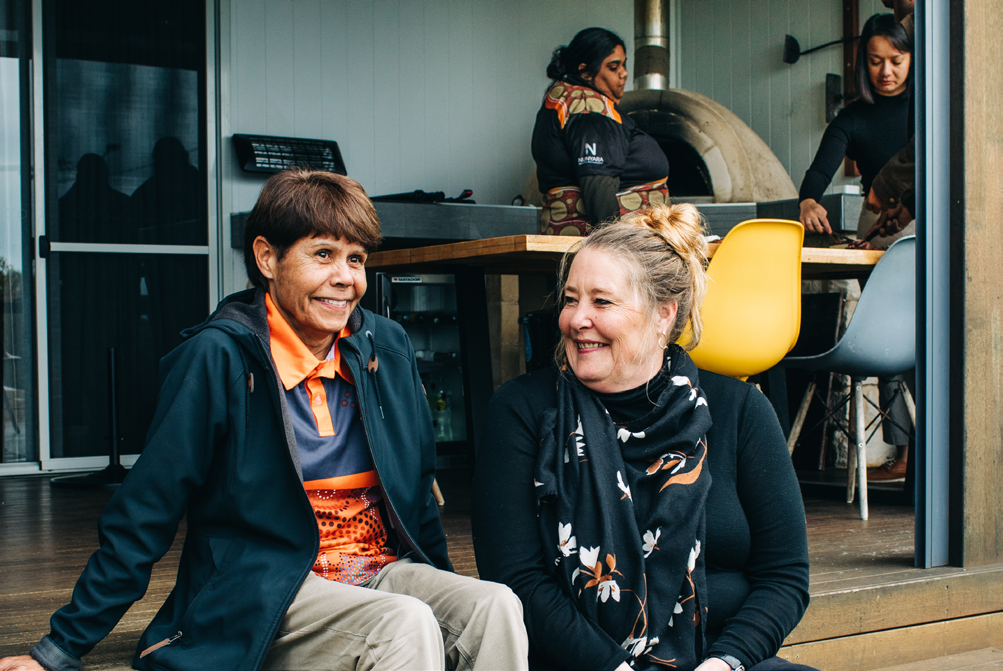

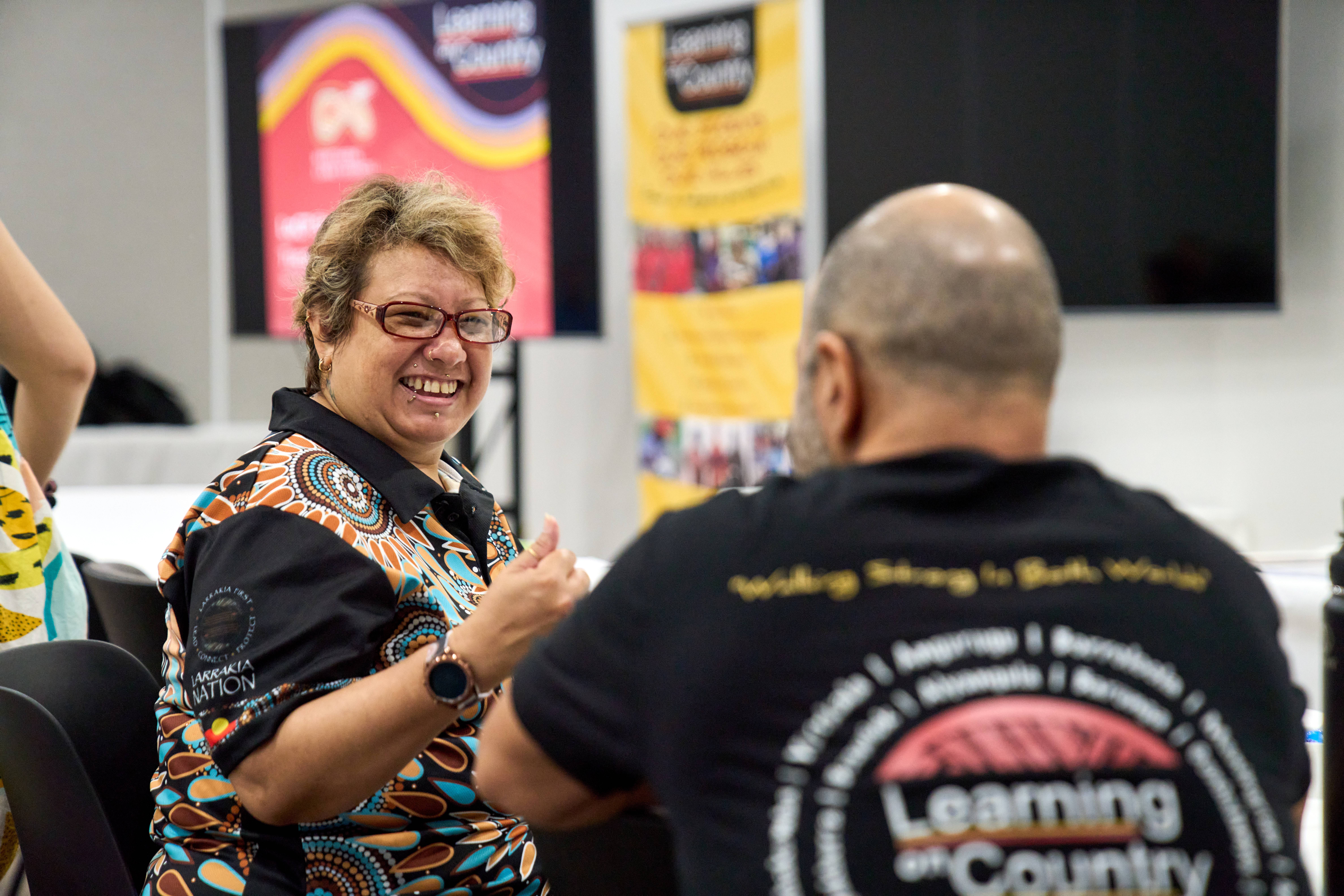
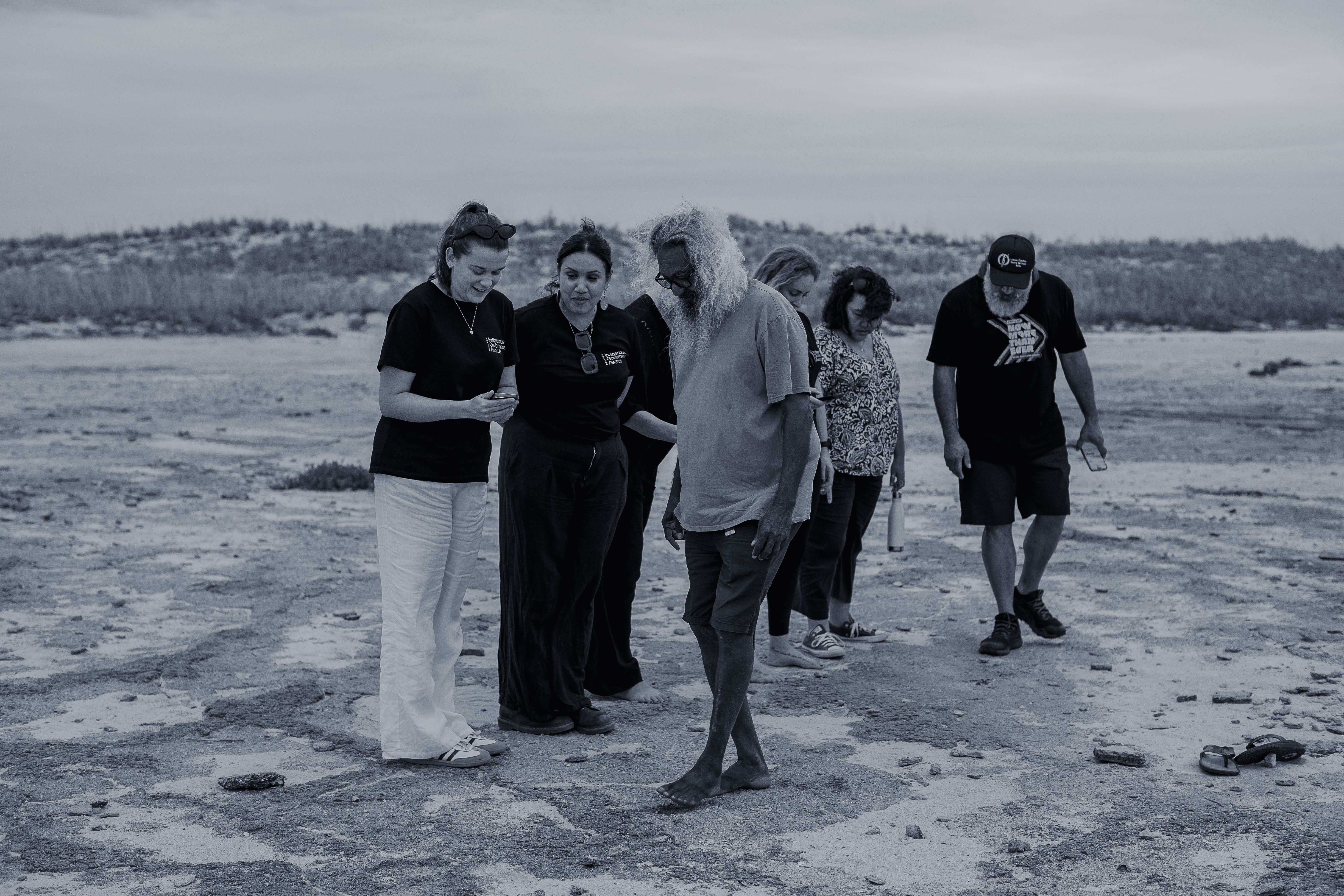



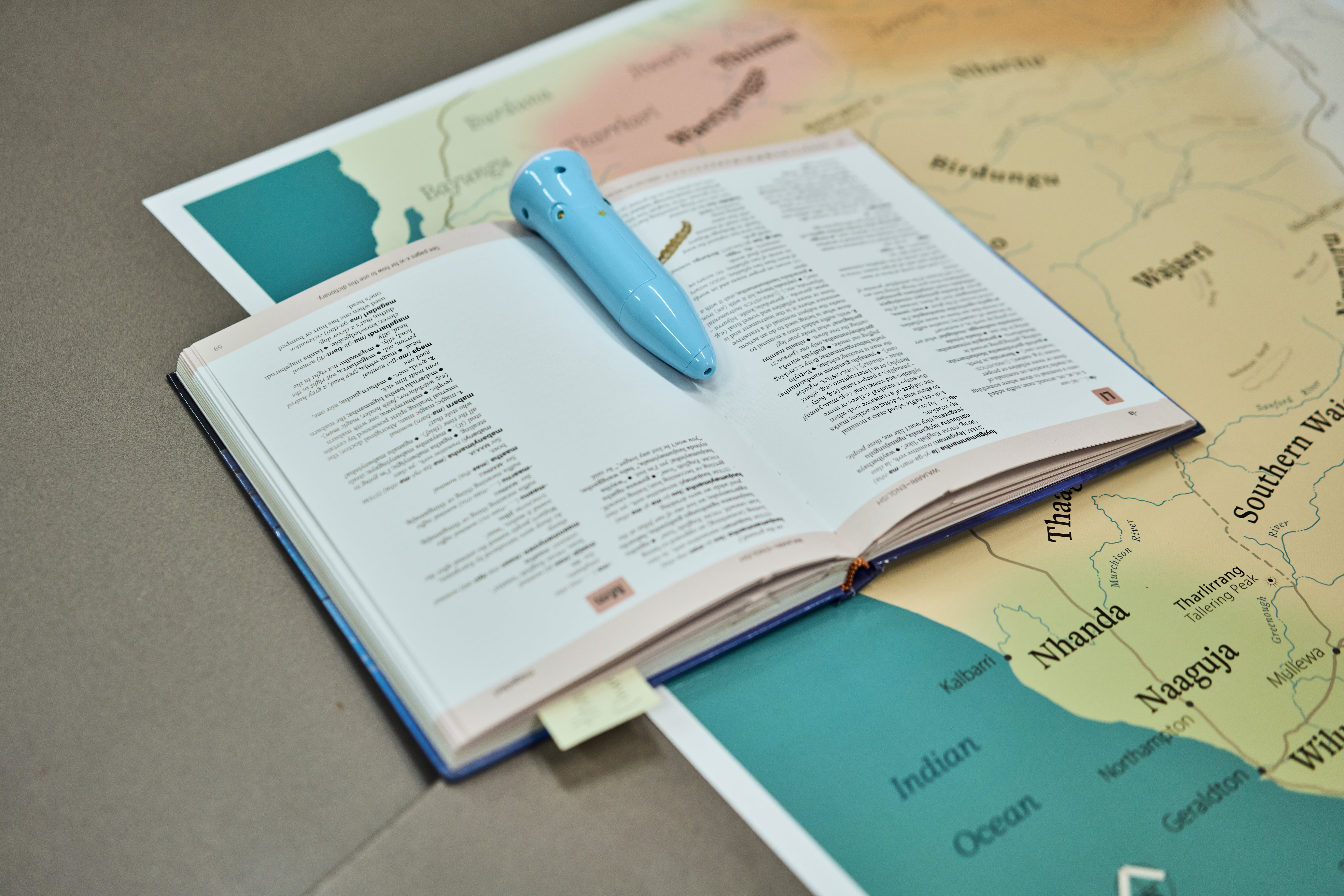

.png)

